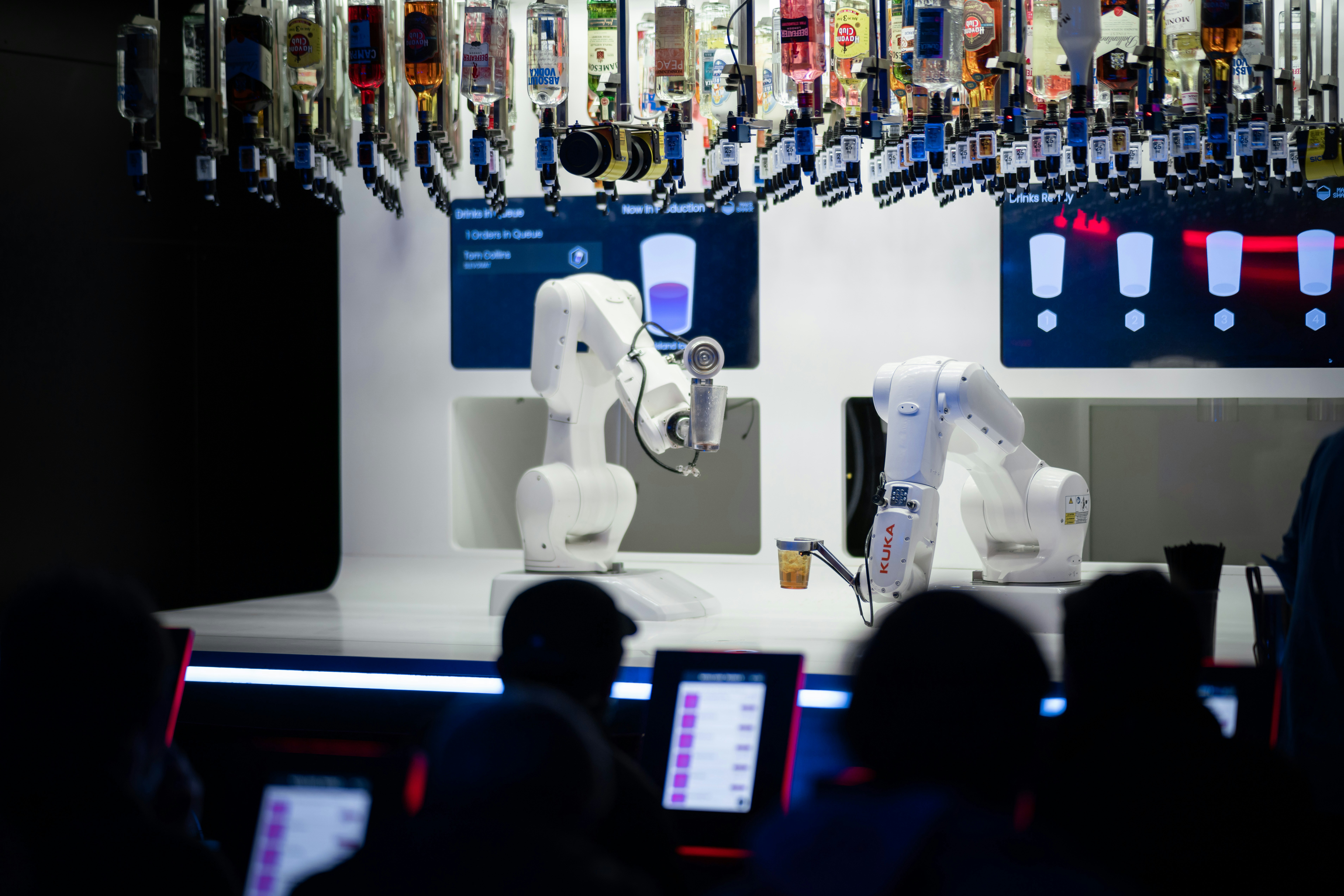
Why Now Is the Perfect Time to Launch Your Career in Robotics: The UK's Autonomous Systems Revolution
The United Kingdom stands at the epicentre of a robotics revolution that's fundamentally transforming how we manufacture products, deliver services, and interact with technology in our daily lives. From the autonomous delivery robots navigating London's streets to the surgical robots advancing precision medicine in Birmingham hospitals, Britain's leadership in robotics innovation has created an unprecedented demand for skilled robotics professionals that dramatically exceeds the current talent supply. If you've been seeking a career that combines cutting-edge engineering with tangible real-world impact or looking to position yourself in one of the most dynamic and rapidly expanding sectors of the modern economy, robotics represents an extraordinary opportunity. The convergence of artificial intelligence advancement, sensor technology maturation, manufacturing automation acceleration, and service robotics adoption has created perfect conditions for robotics career success.











